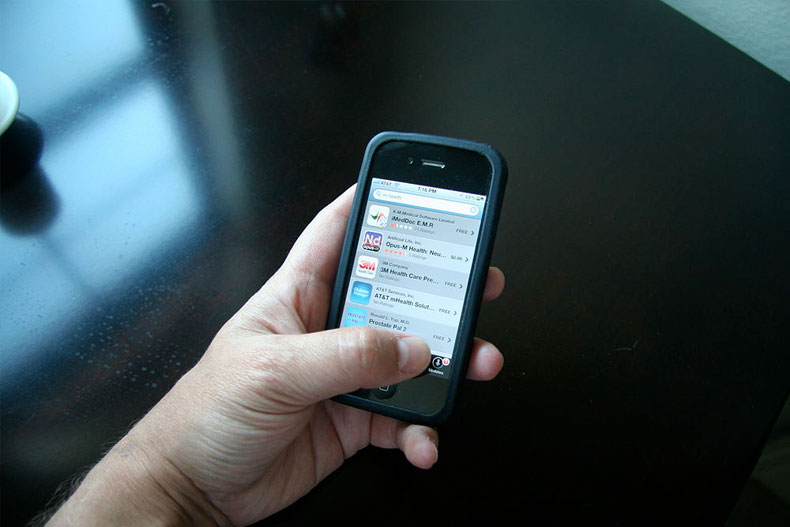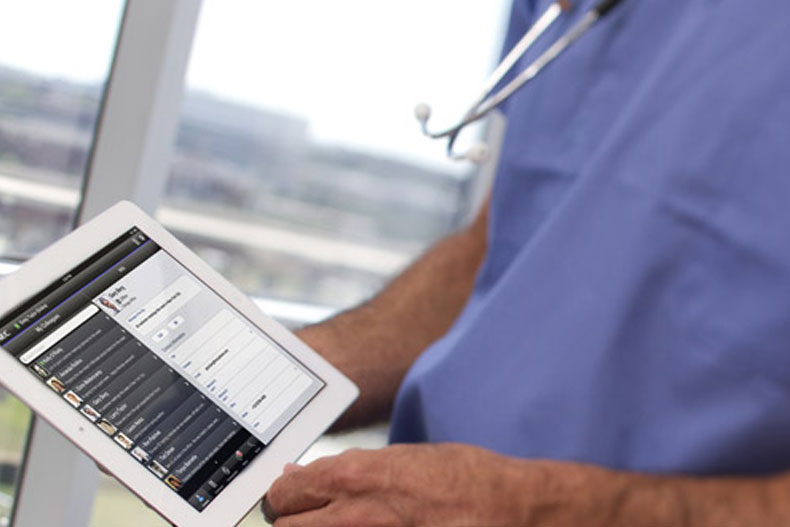Whether you want to run a healthcare company or want to provide services to businesses that work in that sector, you need to know how the healthcare industry works. And if you’re going to do that, you need to have a proper understanding of the role data plays in it.
More so than ever before, data is having a huge impact on how the healthcare sector works and how the people who use it experience it. So, now is the time to slow down and read the information below. It will give you a full and understanding of how data is used in the sector. This can then help you from a business point of view. And that can only be a positive thing for you.
Getting Information to Patients Fast
Doctors and medical professionals can now relay data to patients quickly and easily. This is something that is becoming more common all the time. Patients can use an app, and any data and information they might need will pop up on their mobile device when new data is available. This is particularly useful when patients have routine tests. The results can be sent to them quickly without them having to come to the doctor and speak to them face to face. This means that there are plenty of opportunities for software companies to work within the modern healthcare sector.

Making the Job of Each Physician Easier
Physicians have tricky jobs. They have to juggle all kinds of tasks, and this can put vast amounts of pressure on them. But when they’re able to utilize data in new ways, their jobs become easier than they would otherwise be. For example, radiology information system software can help them access all the information they need and have it displayed in the very best way. The more data they have, the better they can use it to move things along quicker and speed up the processes that they have to take care of each and every day.
Ensuring Everyone is Aware of Each Appointment
Missed appointments cause big problems for hospitals and clinics all over the country. When people don’t show up, it ruins the schedule of the day, and it means other people who could be seen aren’t seen. Quite often, this comes down to people simply forgetting that they have an appointment. By organising the data relating to the number of people who have appointments, it’s possible to send out reminders to the right people at the right time. That way, the number of missed appointments can be minimised, and healthcare facilities can remain more functional. This can have a big impact for doctors and patients alike.
Linking Up Different Care Providers and Departments
These days, healthcare is something that’s big and sprawling. There are many different departments and care providers that need to share information on each patient. So, the proper use of big data can ensure that different care providers share information properly and ensure that each care provider knows as much as possible about each individual patient. At the end of the day, this is all about making sure that patients get the best possible care provided to them. That’s what matters most in this industry, and data helps to make that happen by linking everything up.
Measuring and Comparing Facility Standards
It’s important that medical facilities are checked and assessed. Otherwise, patients could be exploited or not treated right. Or hospitals could be run in a chaotic or unclean way. All of these things have an impact on patients, and that’s why testing is so key. Using data makes it possible to standardise these tests and compare different hospitals. For the organisations in charge of assessing and testing medical facilities, this is very useful. And data is being used more and more in these sectors with each passing year. In the end, this is a good thing for patients and medical professionals.
Making The Running of a Hospital More Efficient
Efficiency is a big deal when you’re trying to run a hospital or other kind of medical facility. Money is always tight, and it can’t be wasted if the organisation is going to stay afloat in the long-term. Data is one of the best weapons against inefficiency, and it should definitely be taken advantage of. More and more hospitals and medical facilities are now doing this. Things like planning out procedures and making sure that beds are always being used in the most efficient way possible incorporate the use of data. Money can then be saved and patients can be handled in a better way.
Getting a More Comprehensive View of a Person’s Health
Getting a clear picture of a patient’s health is important when you’re a medical professional working in the healthcare sector. If a doctor misses even a small detail regarding a patient’s health, they could make a mistake that turns out to be disastrous. But by collating and collecting as much data as possible, it’s possible to make sure that the details are never missed. It gives doctors, nurses and medical professionals the information they need in order to do their jobs properly and completely. That’s something that should definitely not be underestimated.
Automating More Basic Tasks
There are some basic tasks that can be automated, and this automation often includes the use of data. It’s possible to send out reminders to patients, and this is something that can definitely be automated. On top of that, there are plenty of ways in which patient data and its storage can be properly automated too. When this is done, care providers and patients can see their experience and day to day interactions with the sector as a whole become much more convenient than they were before. The automation of basic task is something that is only going to continue in the years ahead.

The healthcare sector is changing all the time, but it’s certain that data is going to have an impact on it for a long time to come.